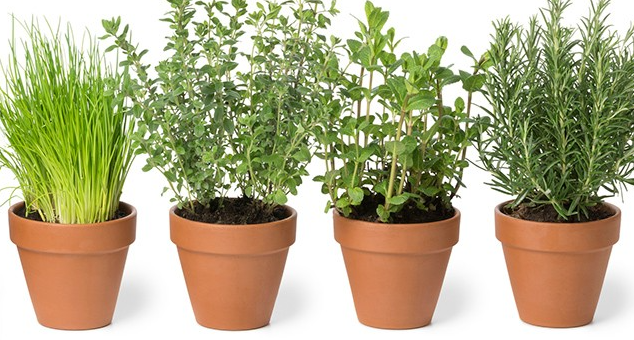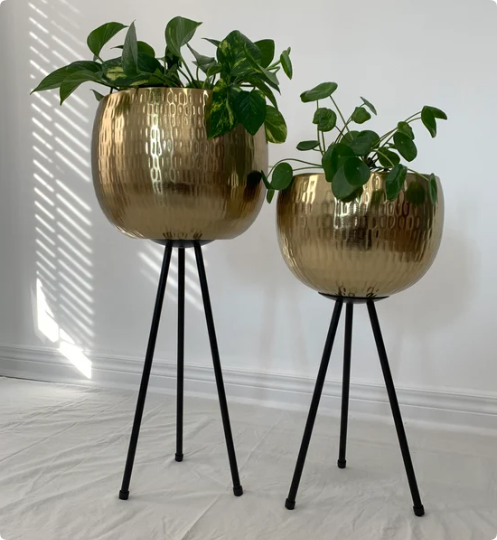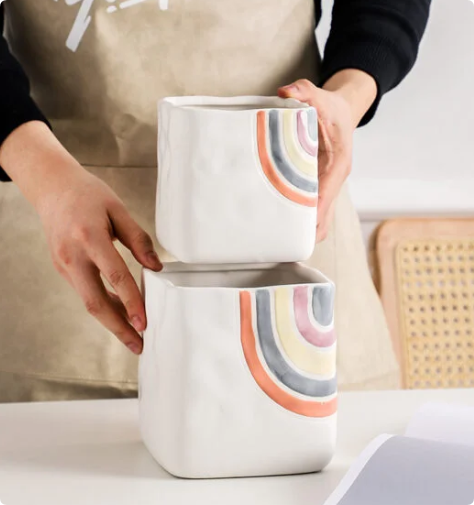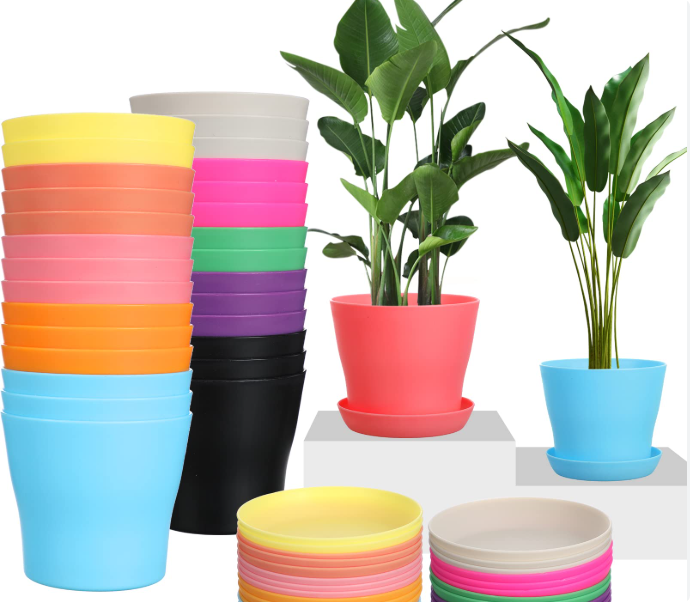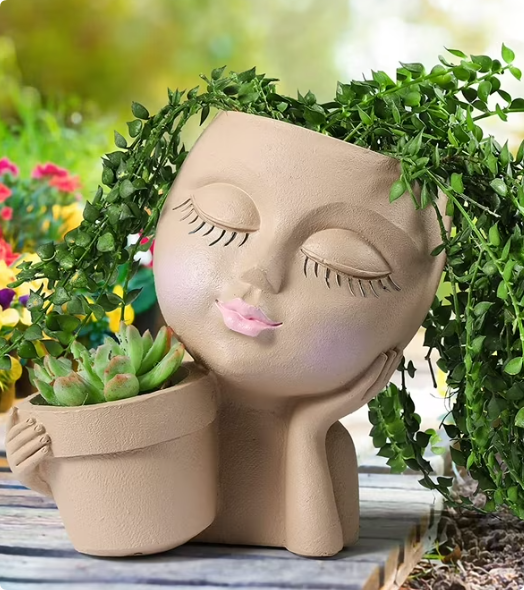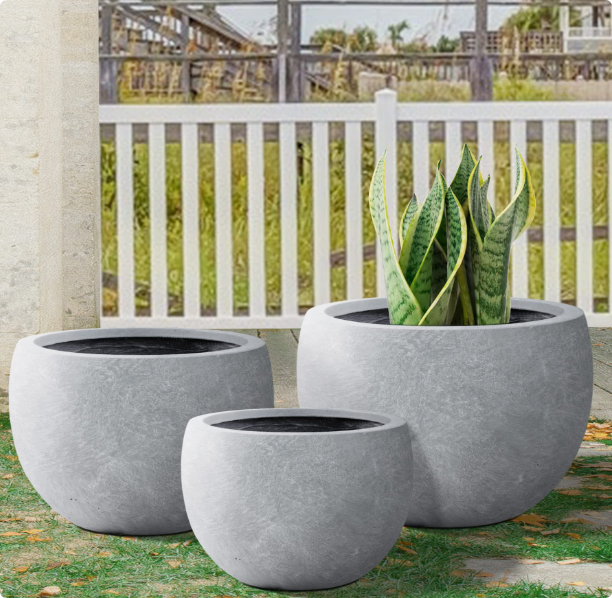Terracotta (from the Italian “terra cotta,” meaning “baked earth”) has been a cornerstone material in human craftsmanship for centuries. Its versatility, affordability, and aesthetic appeal make it a favorite in industries ranging from architecture to gardening. For B2B buyers, understanding terracotta’s composition, applications, and advantages compared to other materials is crucial for informed procurement.
This article delves into the main ingredient of terracotta, its diverse applications, market share in the planter industry, trending designs, and a detailed comparison with other popular materials.
1. What Is the Main Ingredient of Terracotta?
The main ingredient of terracotta is a specific type of clay that is rich in iron oxide. This iron-rich composition gives terracotta its signature reddish-orange hue, which becomes more pronounced after firing at temperatures between 1,000°C and 1,150°C.
Key Properties of Terracotta Clay:
- Porosity: Terracotta is porous, allowing air and moisture to pass through, which is particularly beneficial for plant health.
- Plasticity: The clay is easy to mold into various shapes and sizes, making it ideal for mass production and customization.
- Iron Oxide Content: Responsible for its warm earthy tones, iron oxide also contributes to terracotta’s strength after firing.
| Feature | Terracotta Clay |
|---|---|
| Composition | High in iron oxide, silica, and alumina |
| Firing Temperature | 1,000–1,150°C |
| Porosity | High |
| Color | Natural reddish-orange |
2. Applications of Terracotta
Terracotta’s adaptability makes it a go-to material for a wide range of applications:
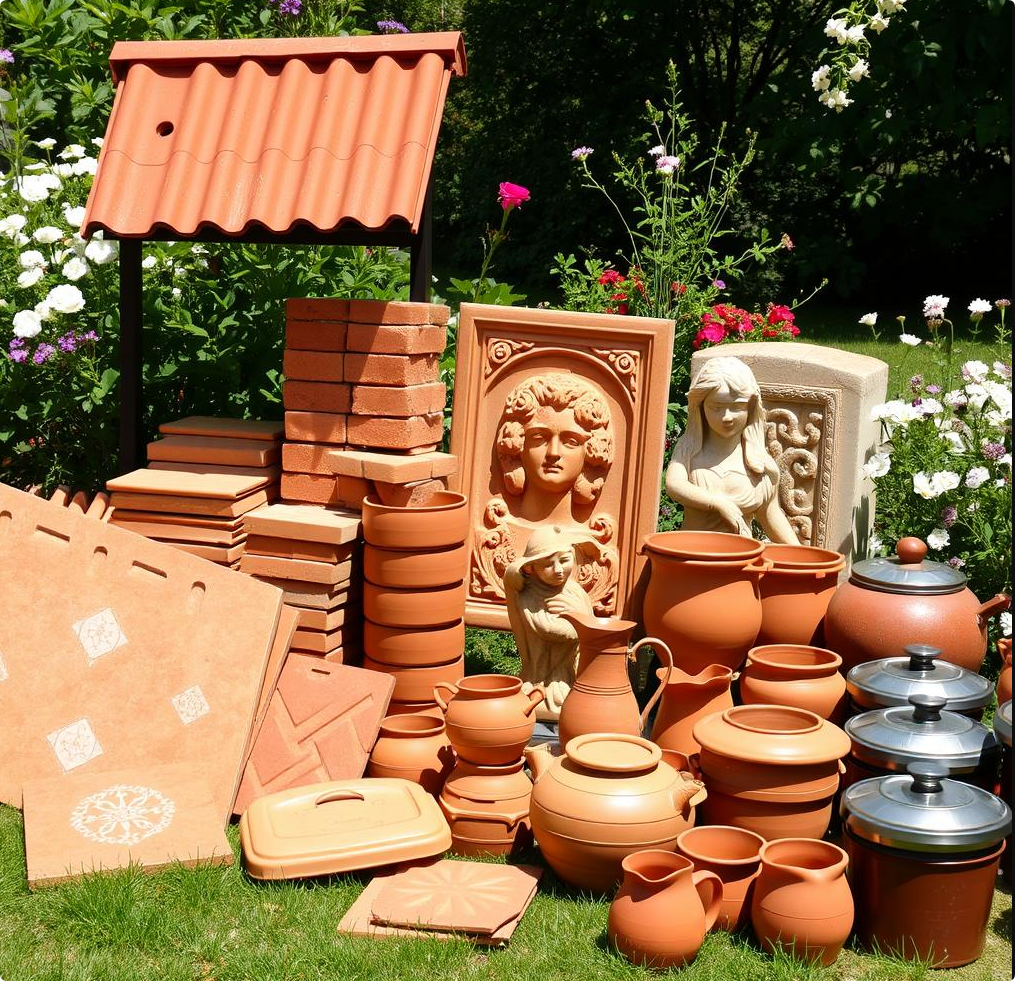
a. Architectural Elements
- Roof tiles
- Bricks
- Decorative facades
b. Artistic Creations
- Sculptures
- Wall reliefs
- Garden statues
c. Functional Items
- Flower pots and planters
- Kitchen utensils (e.g., water pitchers, cooking pots)
- Floor tiles
Among these, terracotta flower pots remain one of the most sought-after products, particularly in the gardening and landscaping industries.
3. Market Share of Terracotta Planters
In the global market, terracotta planters dominate a significant portion of the gardening segment due to their natural aesthetics and functional benefits.
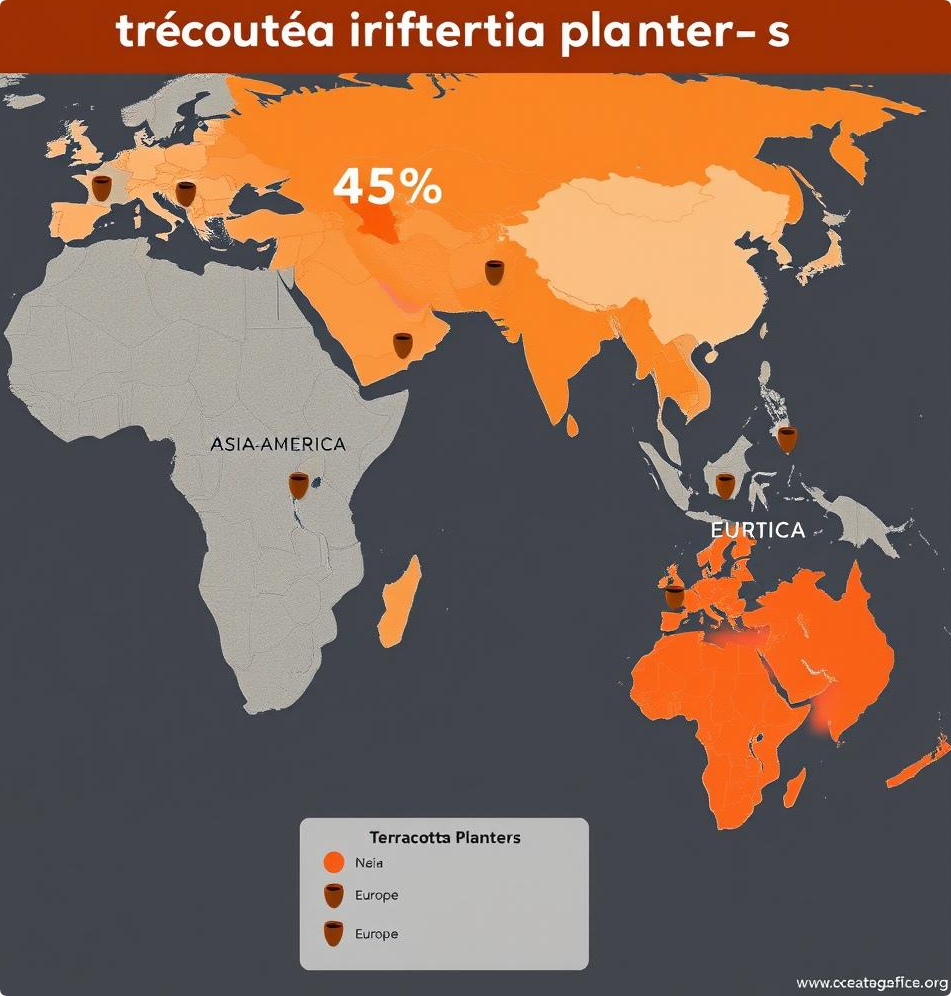
Global Market Insights:
- Asia-Pacific Region: Accounts for 45% of terracotta planter production due to abundant raw materials and skilled labor.
- North America: High demand for terracotta pots in landscaping projects and eco-friendly initiatives.
- Europe: A leading consumer of terracotta planters for both indoor and outdoor gardening.
4. Popular Terracotta Planter Designs
For B2B buyers, offering trending designs can significantly boost sales. Below are some of the most in-demand terracotta planter styles:
Trending Designs:
- Traditional Round Planters
- Classic design, suitable for various plants.
- Example: Traditional Round Terracotta Planter
- Modern Geometric Shapes
- Appeals to contemporary aesthetics.
- Example: Geometric Terracotta Planter
- Animal-Shaped Planters
- Popular for niche markets such as children’s gardening products.
- Example: Animal-Shaped Terracotta Planter
- Large Outdoor Pots
- Ideal for landscaping projects.
- Example: Large Terracotta Garden Pot
5. Comparison of Terracotta with Other Materials
When selecting planters, understanding the pros and cons of terracotta compared to other materials is vital.
| Material | Advantages | Disadvantages |
|---|---|---|
| Terracotta | Porous, natural aesthetic, eco-friendly | Fragile, prone to cracking in cold climates |
| Plastic | Lightweight, inexpensive, durable | Non-biodegradable, less breathable for plants |
| Metal (Iron) | Modern look, highly durable | Prone to rust, poor insulation for roots |
| Ceramic | Glossy finish, decorative appeal | Heavy, non-porous |
| Resin | Lightweight, weather-resistant | Less natural appearance |
| Concrete | Durable, industrial aesthetic | Very heavy, limited design versatility |
Why Choose Terracotta?
Terracotta strikes a balance between functionality and aesthetics, making it a preferred choice for environmentally-conscious buyers and markets valuing traditional craftsmanship.
How to choose the “correct” planter when Repotting Houseplants Tips & tricks
Conclusion
Understanding the main ingredient of terracotta and its unique properties empowers B2B buyers to make informed decisions. From its iron-rich clay composition to its versatility in applications and advantages over alternative materials, terracotta continues to be a timeless choice for planters.
For large-scale procurement or customized designs, HalePlanter offers a wide range of ODM and OEM services, ensuring quality and style tailored to market demands.
Explore our collection of terracotta planters to elevate your product offerings: Visit HalePlanter.

